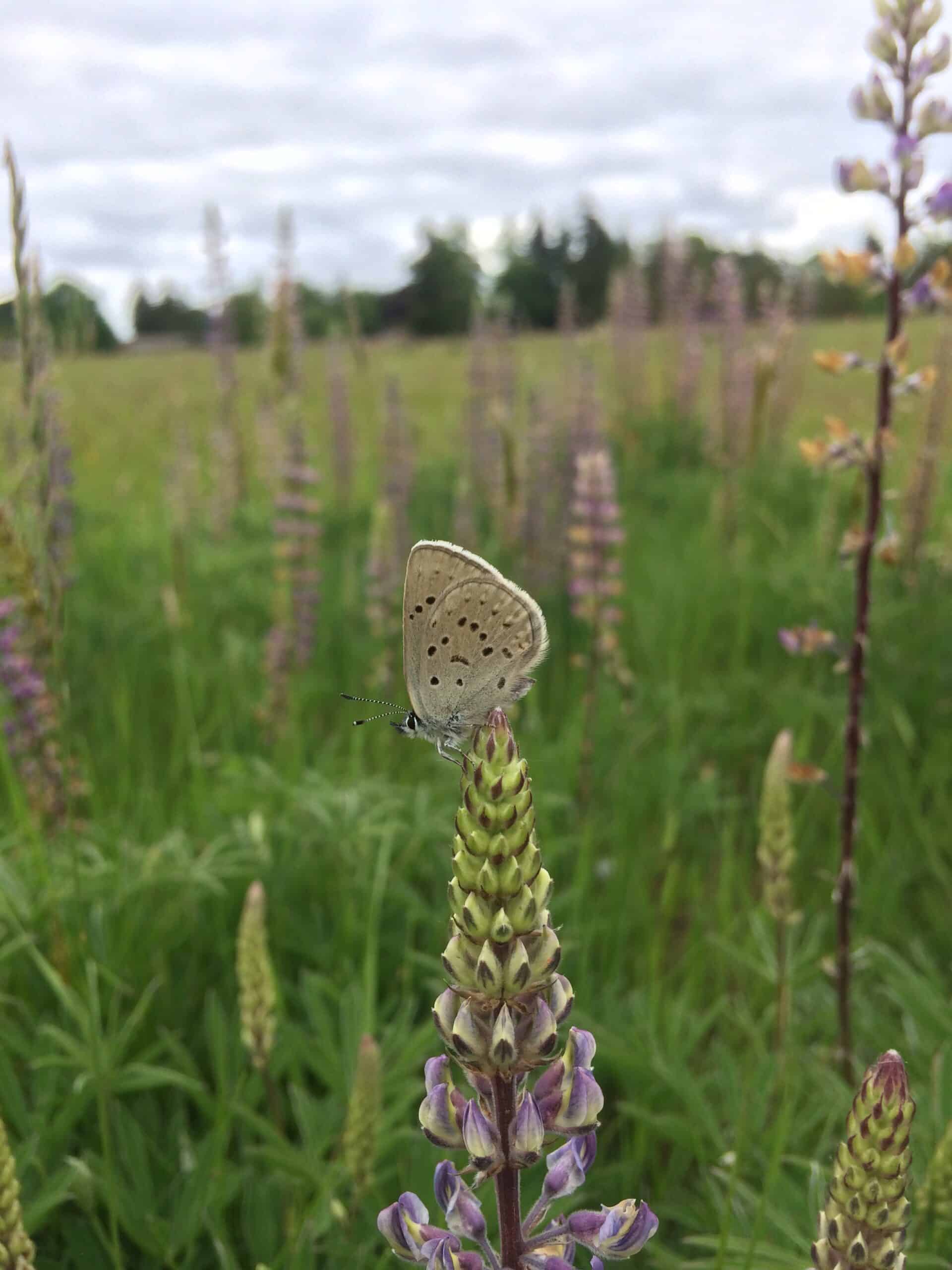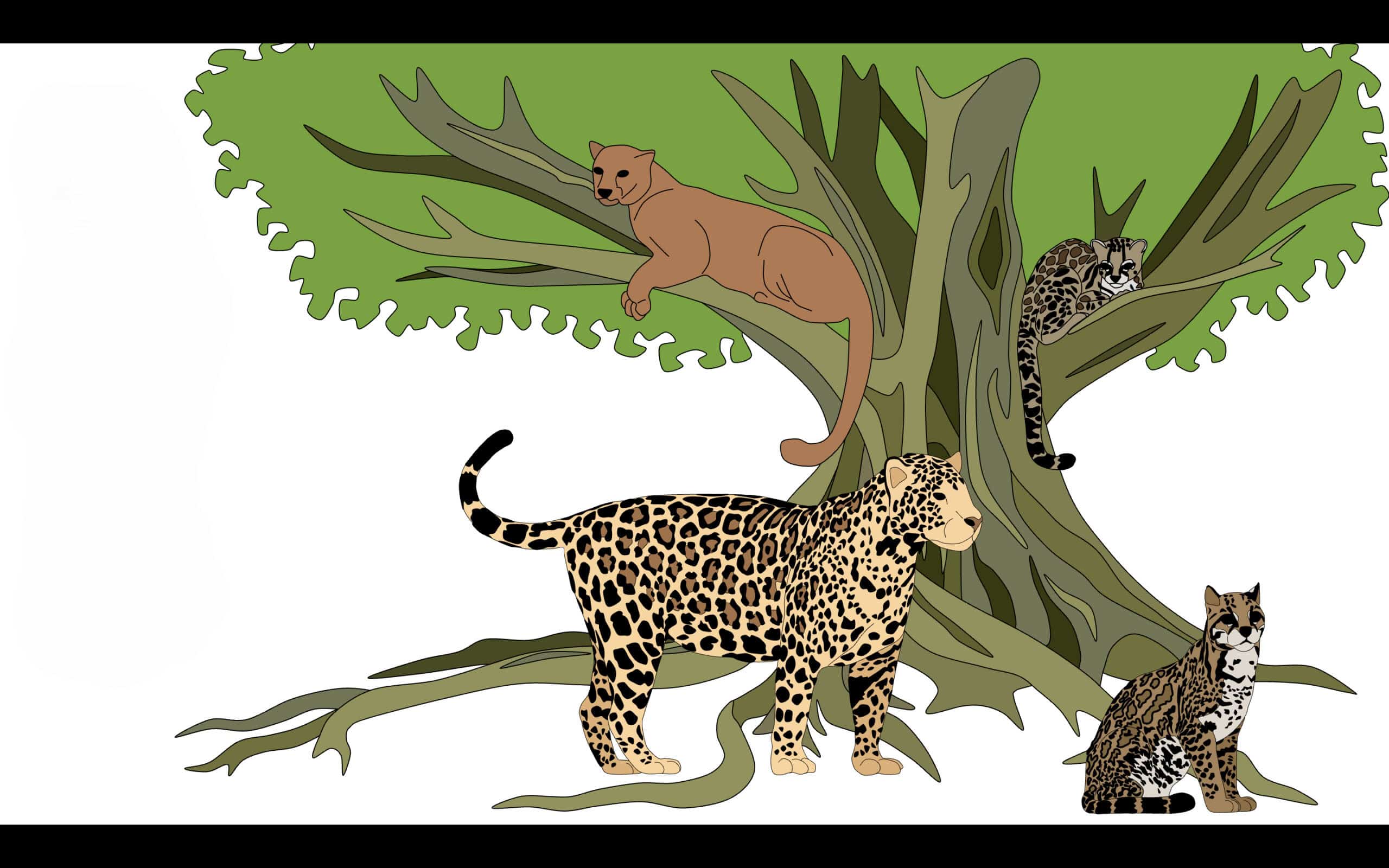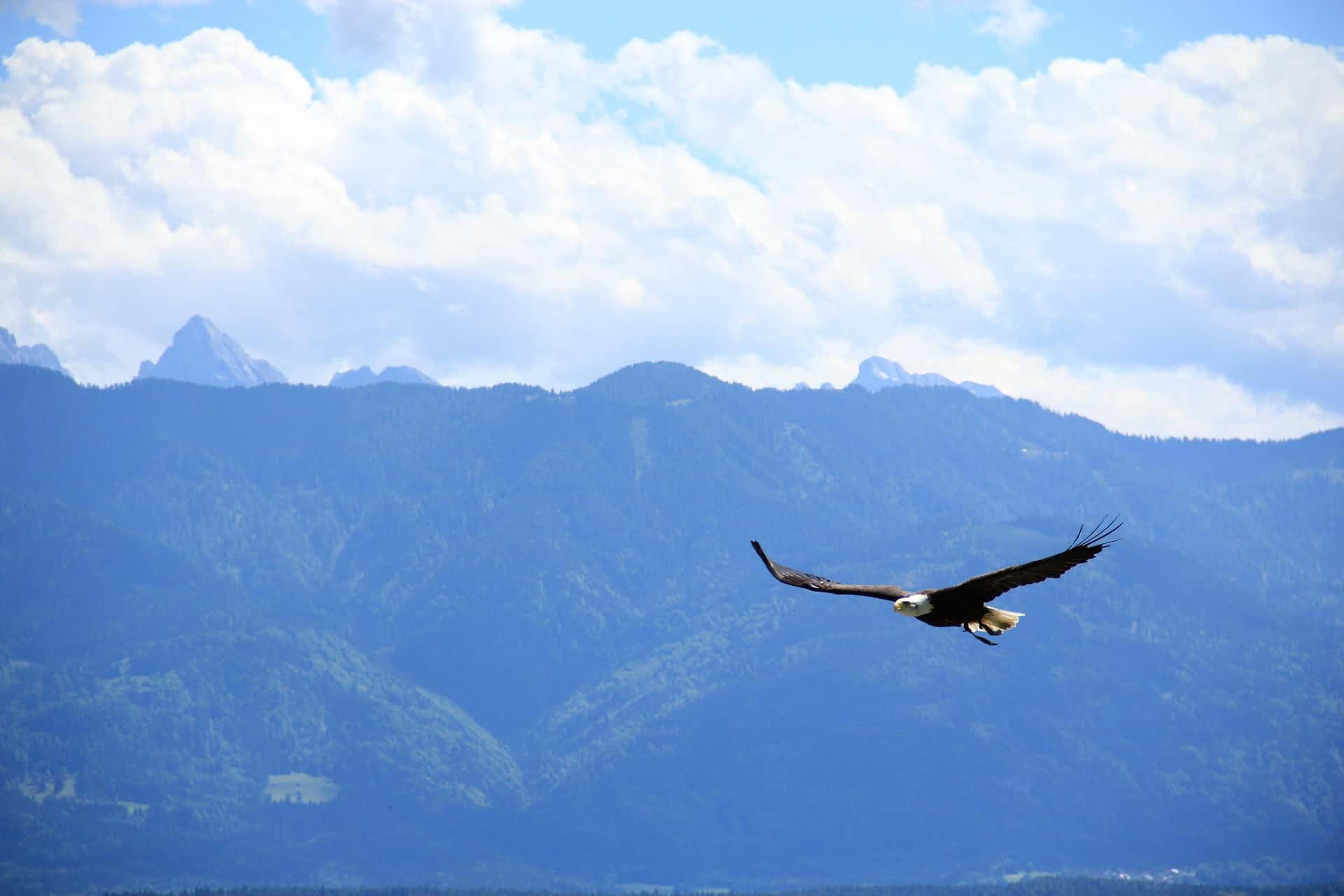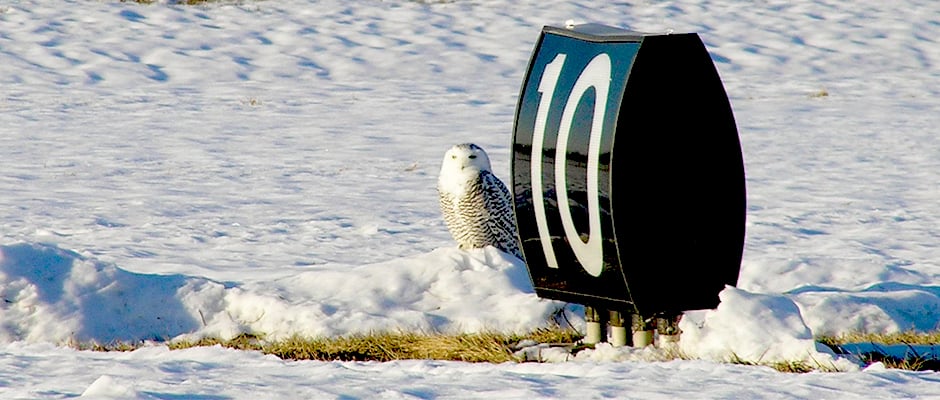
Biologists to test impact of auxiliary markings on snowy owl
Recently, a Wildlife Services biologist captured a snowy owl at the Detroit Metropolitan Wayne County Airport. When released, the owl carried a USGS leg band and was the first participant...

TWS member wins Refuge Manager of the Year award
Longtime member of The Wildlife Society Keith Weaver was recently recognized as Refuge Manager of the Year after committing over 30 years to working with national wildlife refuges. “When I...

Blue Ribbon Panel recommends $1.3 billion for state plans
Former state politicians, environmental group representatives, academic researchers, business executives from outdoor equipment companies and the oil industry, and others have come together in a rare showing of solidarity to...


New student chapter launches kestrel project
Colter Dye was taking Amy Sibul’s undergraduate wildlife ecology and conservation course at the University of Utah a couple of years ago, which required him to take part in a...

The Wildlife Professional March/April issue is online
The latest issue of The Wildlife Professional is now online. Read about ongoing efforts to protect native bee populations in our cover story, Pollinators in Decline. Also learn about how...
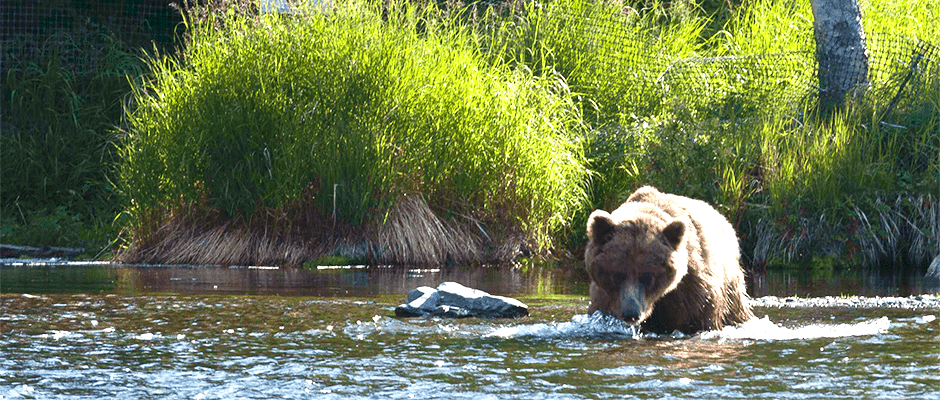
TWS member behind first major grizzly estimate of Kenai
Biologists have scrambled up mountains and searched the remote backcountry of Alaska’s Kenai Peninsula to provide the first comprehensive estimate of the region’s grizzly bear population. “We’ve been trying to...

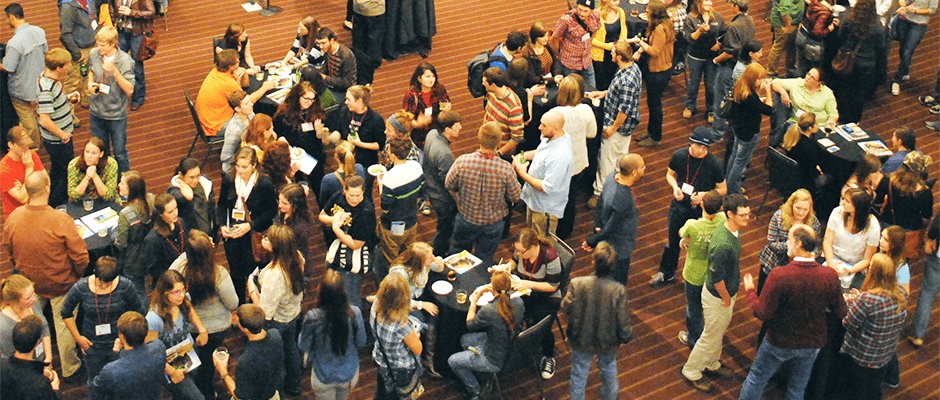
University course prepares students for annual TWS conference
Aside from their regular classes, students at Purdue University will take a course next fall to help prepare them for The Wildlife Society’s 23rd Annual Conference in Raleigh, North Carolina. The...
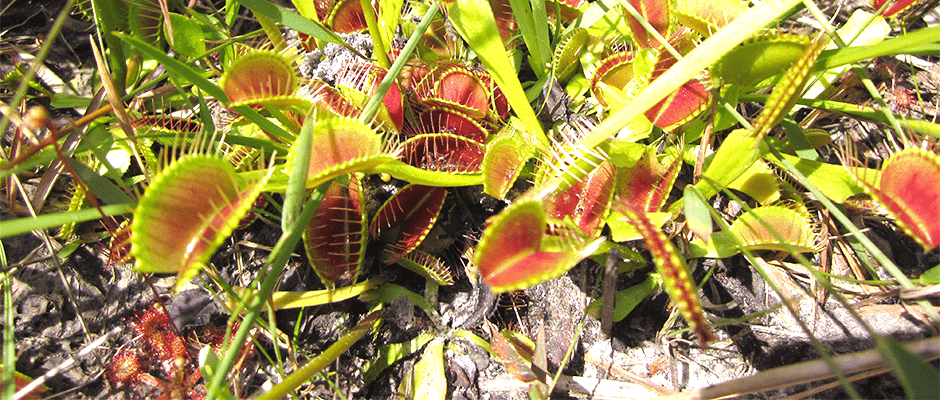
Where the wild plants are
Meat-eater. Coastal resident. Pyromaniac. No, we aren’t describing a typical wildlife biologist in eastern North Carolina (although who are we kidding, the description fits). We are talking about the Venus...

Sportsmen’s bill passes in House without Arctic protections
A controversial sportsmen’s bill was passed by the House of Representatives on Feb. 26, nearly ten months after its introduction to the House Committee on Natural Resources. The Sportsmen’s Heritage...





